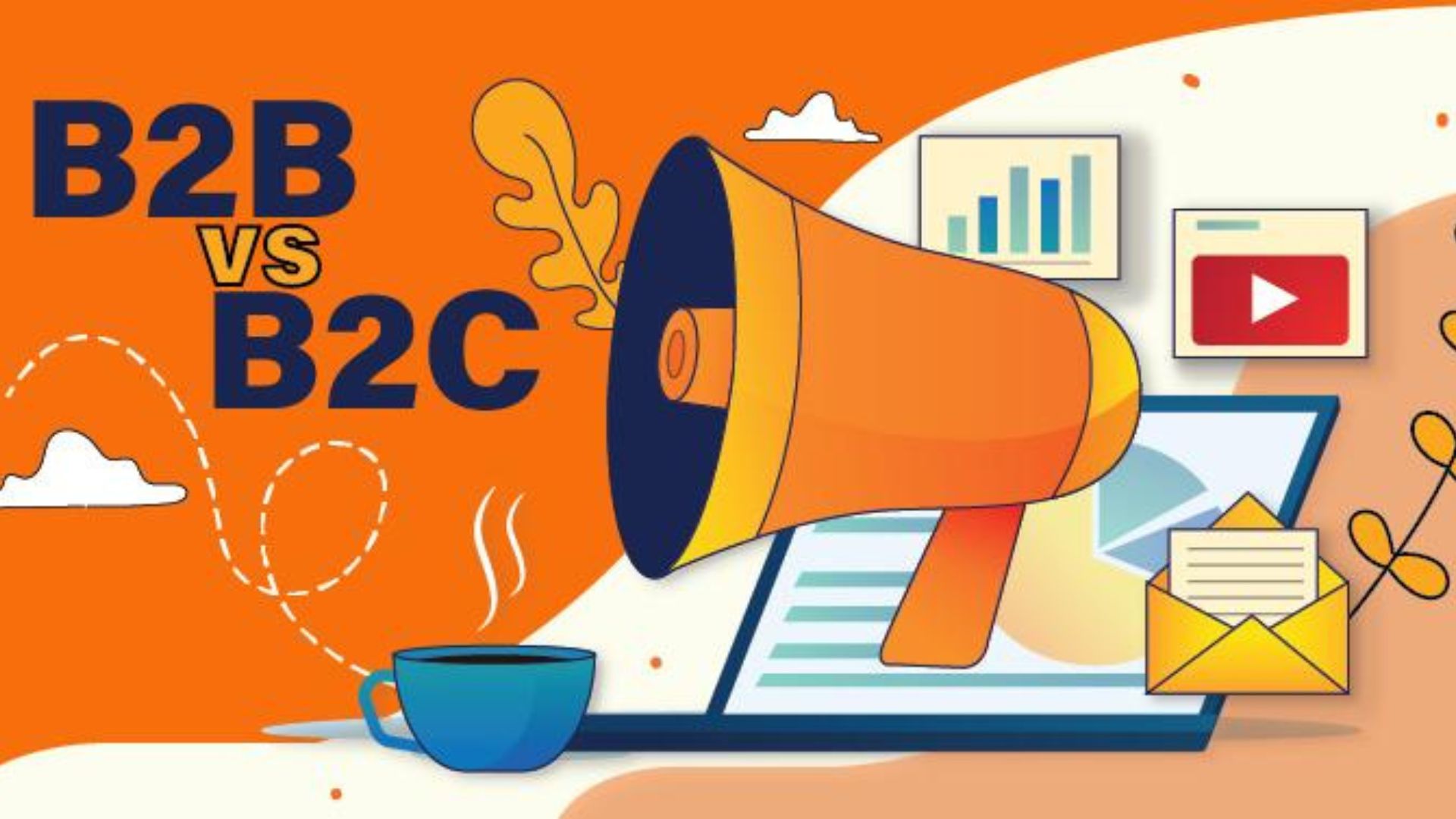Content marketing is a powerful tool for businesses, but the strategies differ between B2B (business-to-business) and B2C (business-to-consumer) markets. Let’s explore the unique approaches needed for each.

Audience Understanding
In B2B (business-to-business) marketing, the primary audience consists of other businesses or professionals who are seeking solutions to specific challenges within their industry. Therefore, the content created for B2B marketing needs to be highly informative, addressing these industry-specific challenges head-on. This includes providing in-depth insights, analysis, and data-driven content that demonstrates a deep understanding of the industry landscape.
B2B content should also offer practical solutions and actionable advice to help businesses overcome these challenges and achieve their goals. Whether it’s through whitepapers, case studies, or webinars, B2B content aims to educate and empower decision-makers with the knowledge they need to make informed choices for their organization.
Content Tone and Style
In B2B (business-to-business) content marketing, the tone and style are typically more formal and professional. This reflects the serious nature of business transactions and the need for credibility and trust between organizations. B2B audiences are often looking for data-driven insights, industry expertise, and solutions to complex challenges that impact their bottom line. Therefore, B2B content tends to prioritize informative and educational content that addresses specific pain points and provides actionable advice.
B2B content often includes in-depth articles, case studies, whitepapers, and reports that delve into industry trends, market analysis, and best practices. These pieces of content are backed by research, statistics, and data to lend credibility and authority to the information presented. The language used in B2B content is typically technical and jargon-heavy, catering to the expertise of professionals within the industry.
Content Formats
B2B (business-to-business) audiences typically seek out in-depth and educational content that provides valuable insights and solutions to their specific business challenges. Therefore, B2B content often takes the form of whitepapers, case studies, and webinars.
Whitepapers are detailed reports that delve deeply into a particular topic, offering analysis, research findings, and recommendations. These documents provide B2B audiences with comprehensive information and actionable insights that they can apply to their business strategies.
Decision-Making Process
B2B purchasing decisions usually involve multiple stakeholders and a longer sales cycle. Content needs to address various pain points and provide information to facilitate informed decisions. B2C decisions are often more impulsive, so content focuses on creating desire and urgency to drive immediate action.
Relationship Building
In B2B (business-to-business) marketing, establishing trust and credibility is paramount due to the complex and often long-term nature of business relationships. Therefore, content plays a crucial role in this process by providing valuable information, demonstrating industry expertise, and showcasing the benefits of products or services.
B2B content is typically focused on addressing the specific needs and pain points of potential clients. This may involve creating informative blog posts, whitepapers, case studies, and thought leadership articles that offer insights, solutions, and best practices relevant to the target audience’s industry or business challenges.
Distribution Channels
B2B content is often distributed through professional networks, industry publications, and email marketing targeting specific decision-makers. B2C content leverages social media platforms, influencer partnerships, and e-commerce channels to reach a wider consumer audience.
Conclusion
While both B2B and B2C content marketing share common goals of driving engagement and conversions, the strategies and approaches differ significantly. Understanding the nuances of each market segment is essential for crafting effective content marketing campaigns that resonate with the intended audience and drive business results.

